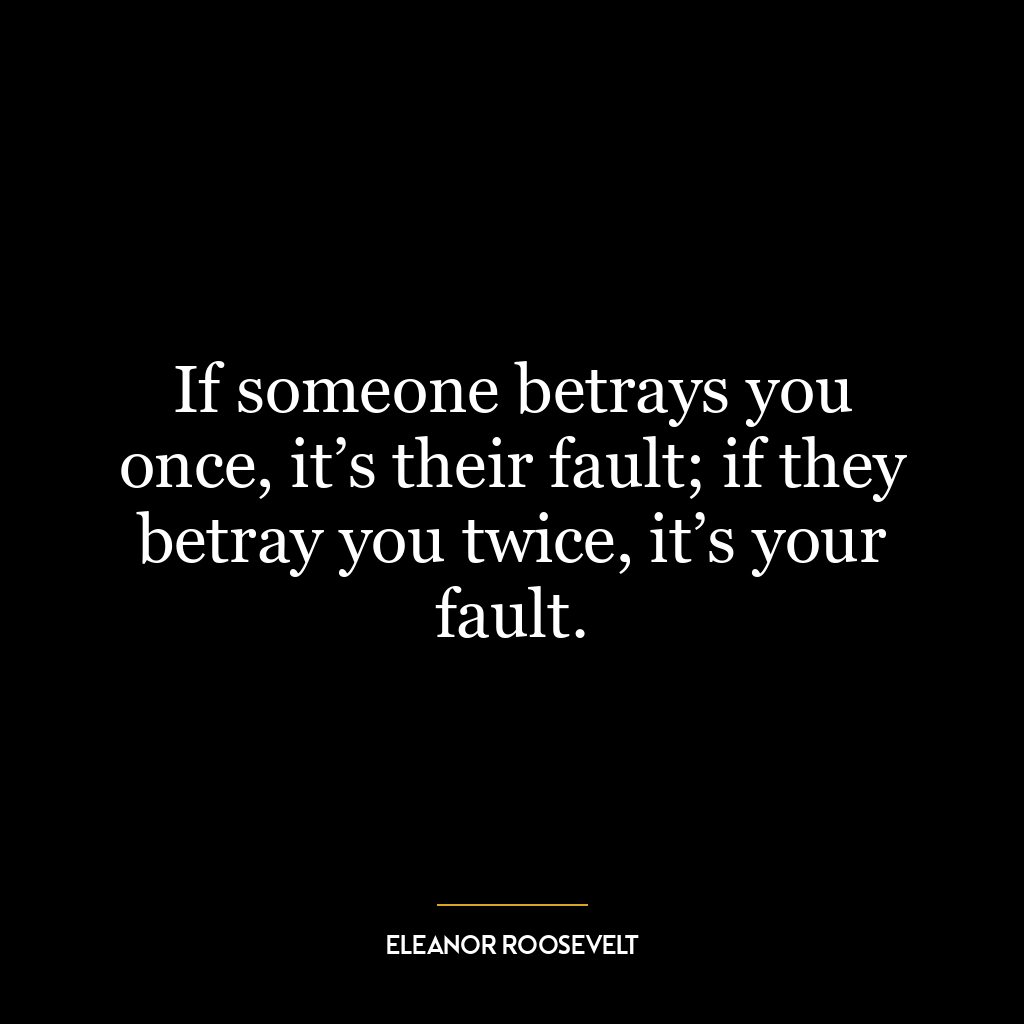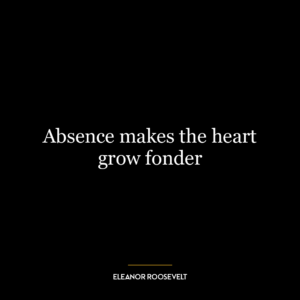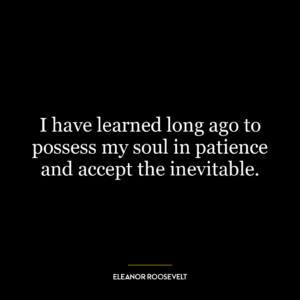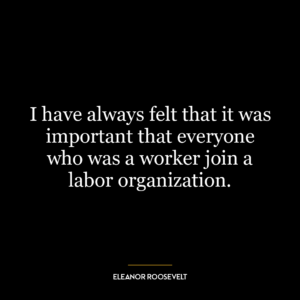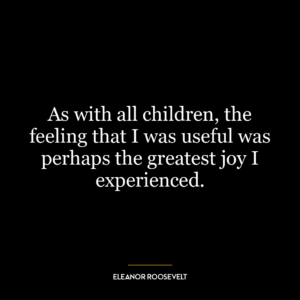If someone betrays you once, it’s their fault; if they betray you twice, it’s your fault.
This quote essentially speaks to the power and responsibility of personal choice in relationships. The first part of the quote, “If someone betrays you once, it’s their fault,” suggests that we can’t control other people’s actions and decisions. If someone chooses to betray our trust, it’s a reflection of their character, not ours. We can’t foresee or prevent it, especially if we’ve given them no reason to act this way.
The second part of the quote, “if they betray you twice, it’s your fault,” shifts the responsibility to the individual. If someone has shown us their true colors through betrayal and we choose to trust them again, we bear some responsibility if they betray us again. This is because we’ve made the conscious choice to give them another opportunity to hurt us, despite knowing they’ve done it before.
This quote is a reminder to learn from our past experiences and not to ignore the lessons they offer. It encourages us to take responsibility for our part in the relationships we maintain and the people we allow in our lives. It also reminds us that while we can forgive, we should not forget the actions that people have shown us they are capable of.
In today’s world, this idea is applicable in various contexts – from personal relationships to professional ones, and even to international politics. For instance, in personal development, it emphasizes the importance of setting boundaries and protecting one’s emotional and mental wellbeing. If someone consistently proves to be toxic or harmful to us, it’s crucial for our own growth and development to distance ourselves from them.
In a broader context, such as international relations, if a country repeatedly breaks agreements or proves untrustworthy, it’s the responsibility of the other nations to reassess their relationship and approach to that country. Trust, once broken, needs to be earned back, not freely given.
Overall, this quote is a powerful statement about accountability, wisdom, and self-protection.

